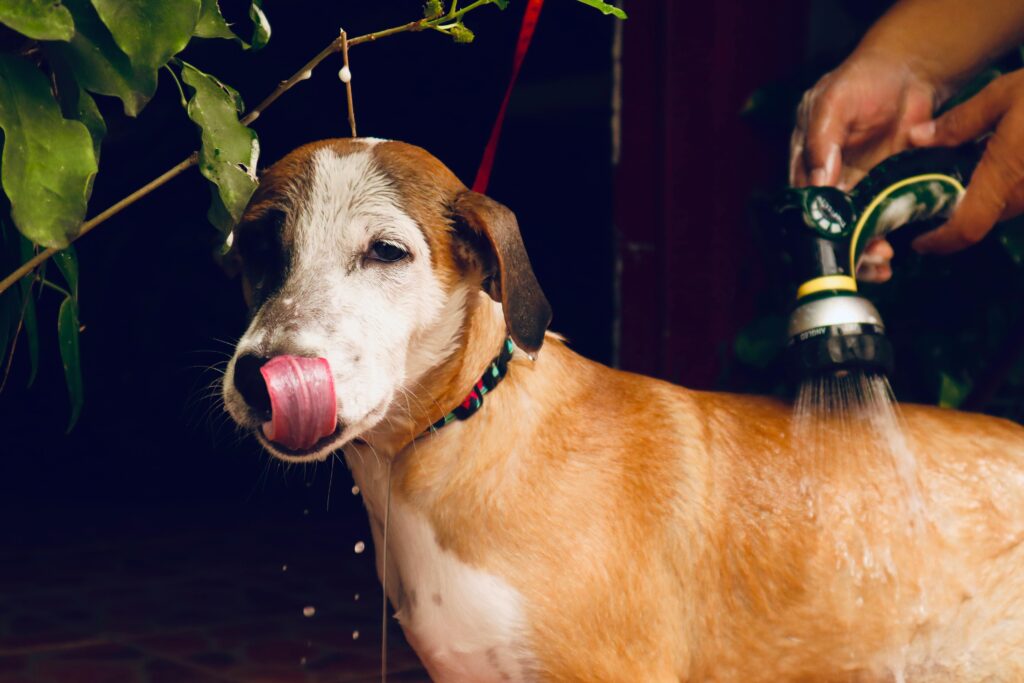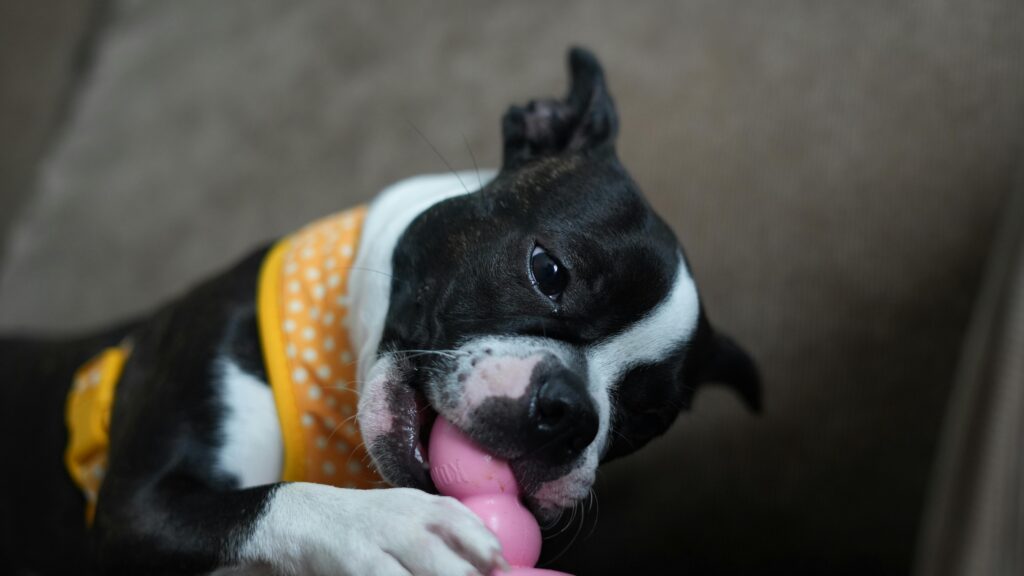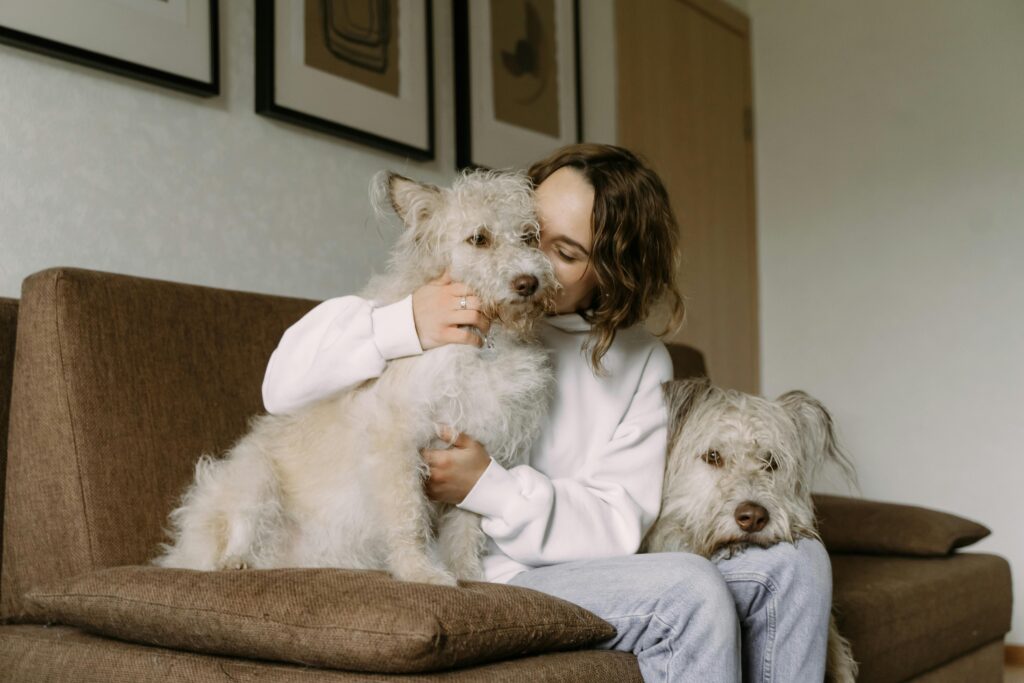- Puppy Without Shots Around Other Dogs
- Why Vaccinations Are Important for Puppies
- The Puppy Vaccination Schedule
- Risks of Letting an Unvaccinated Puppy Around Other Dogs
- When Is It Safe for a Puppy to Be Around Other Dogs?
- Safe Ways to Socialize Your Puppy Before Full Vaccination
- What to Do If Your Puppy Has Been Around Other Dogs Without Shots
- My Personal Experience with Puppy Vaccinations and Socialization
- Final Thoughts
Puppy Without Shots Around Other Dogs
As new dog lovers, one of the most exciting things is watching our puppies explore the world, meet new friends, and experience all the little joys life has to offer. But with that excitement comes responsibility—especially when it comes to protecting their health. One of the biggest concerns for new puppy owners is whether it’s safe for a puppy without shots to be around other dogs. Puppies cannot be around other dogs without being vaccinated.
I remember when I first brought my puppy home. His curious little eyes wanted to explore everything, and I couldn’t wait to introduce him to other dogs in the neighborhood. But then came the advice from the vet and fellow dog owners: “Be careful! Don’t let him near other dogs until he’s had all his shots!” At first, I didn’t fully understand why this was such a big deal, but as I learned more about vaccinations and the risks involved, I realized how crucial this advice was.
In this article, I’ll share what I’ve learned about the risks, safety measures, and best practices when it comes to letting an unvaccinated puppy interact with other dogs. I’ll also share some of my personal experiences navigating this tricky time as a puppy parent.
Why Vaccinations Are Important for Puppies
Before we dive into the risks of letting an unvaccinated puppy around other dogs, it’s important to understand why vaccinations matter so much. Puppies are born with some immunity from their mother’s milk, but this only lasts for a short time. After that, they become vulnerable to various diseases that can be severe or even fatal.
Vaccinations help protect puppies from these diseases by building up their immune systems. Some of the most common diseases that vaccines protect against include:
- Parvovirus: A highly contagious and deadly virus that causes severe vomiting, diarrhea, and dehydration.
- Distemper: A serious disease that affects the respiratory, gastrointestinal, and nervous systems.
- Canine Hepatitis: A viral infection that affects the liver and can cause fever, vomiting, and abdominal pain.
- Rabies: A fatal disease that affects the brain and nervous system. It’s also a risk to humans.
- Leptospirosis: A bacterial infection that can cause kidney and liver failure.
These diseases are not just scary—they’re also incredibly common, especially in places where many dogs gather, like parks, pet stores, and doggy daycares. That’s why vets recommend a strict vaccination schedule to ensure your puppy is fully protected before they start socializing.
The Puppy Vaccination Schedule
Puppies don’t get all their shots at once. Vaccinations are given in a series of booster shots over several weeks to ensure their immune system builds up the proper protection. Here’s the general schedule most vets recommend:
- 6-8 weeks old: First round of vaccinations (usually for distemper, parvovirus, and hepatitis).
- 10-12 weeks old: Second round of vaccinations (booster shots and possibly additional vaccines like leptospirosis).
- 14-16 weeks old: Final round of core vaccines, including the rabies vaccine.
- Annual boosters: After the initial puppy shots, your dog will need booster shots yearly to maintain immunity.

Until your puppy has completed the entire vaccination series—usually around 16 weeks old—they’re still at risk of contracting serious diseases. This is why it’s important to be cautious when exposing them to other dogs during this time.
Risks of Letting an Unvaccinated Puppy Around Other Dogs
Letting your puppy interact with other dogs before they’re fully vaccinated comes with risks, especially if the other dogs’ health status is unknown. Here are some of the dangers to be aware of:
1. Exposure to Contagious Diseases
Unvaccinated puppies are highly susceptible to diseases like parvovirus and distemper, which can be transmitted through direct contact with infected dogs or contaminated environments (like shared water bowls, dog parks, or even grass where an infected dog has been).
2. Weakened Immune System
Since puppies’ immune systems are still developing, they don’t have the strength to fight off infections like older dogs do. Even a minor illness can quickly become serious.
3. Parasites and Fleas
While not as dangerous as viruses, parasites like worms and fleas can still affect your puppy’s health. Puppies can pick up these pests from other dogs, which can lead to digestive issues, anemia, and skin irritation.
4. Stress and Anxiety
Meeting other dogs can be overwhelming for an unvaccinated puppy, especially if the interaction is stressful or aggressive. Stress can weaken the immune system, making puppies even more vulnerable to illness.
When Is It Safe for a Puppy to Be Around Other Dogs?
While the risks are real, it’s also important for puppies to start socializing early. Proper socialization helps puppies develop confidence and good behavior around other dogs and people. So, when is it safe for your unvaccinated puppy to interact with other dogs?
1. After the First Round of Vaccines (with Caution):
After your puppy receives their first round of shots (around 6-8 weeks), they’ll have some protection, but it’s still limited. During this time, you can allow your puppy to interact with fully vaccinated, healthy dogs in controlled environments—like at home or in a trusted friend’s backyard.
2. Avoid Public Places Until Fully Vaccinated:
Until your puppy has completed all their shots (around 16 weeks), avoid high-risk areas like dog parks, pet stores, and busy sidewalks where unknown dogs frequent.
3. Puppy Socialization Classes:
Some vet-approved puppy classes allow socialization in a controlled environment after the first round of vaccines. These classes are supervised and designed to minimize risks while helping puppies learn to interact with others.
Safe Ways to Socialize Your Puppy Before Full Vaccination
Even though your puppy isn’t fully vaccinated, there are safe ways to introduce them to new experiences without exposing them to unnecessary risks. Here’s how you can help your puppy socialize safely:
1. Arrange Playdates with Vaccinated Dogs
If you have friends or family with fully vaccinated, well-behaved dogs, you can arrange controlled playdates in safe environments like your home or backyard. Make sure the other dogs are healthy and up-to-date on their vaccinations.
2. Carry Your Puppy in Public Spaces
While it’s risky to let your puppy walk in public places, you can still carry them to expose them to new sights, sounds, and smells. This helps with socialization without direct contact with other dogs or contaminated surfaces.
3. Introduce Them to New People
Socialization isn’t just about other dogs—it’s also about people! Invite friends over to meet your puppy, ensuring they wash their hands and avoid bringing in dirt from outside.
4. Supervised Backyard Exploration
Let your puppy explore your yard if it’s secure and free from other animals. This allows them to get used to different environments while minimizing exposure to risks.
What to Do If Your Puppy Has Been Around Other Dogs Without Shots
If your unvaccinated puppy has already been around other dogs, don’t panic. Here’s what you should do:
- Assess the Situation:
- Were the other dogs vaccinated and healthy?
- Was the interaction in a clean, controlled environment?
- Monitor Your Puppy for Symptoms:
Keep an eye out for signs of illness, including:
- Vomiting
- Diarrhea
- Lethargy
- Loss of appetite
- Coughing or sneezing
If you notice any of these symptoms, contact your vet immediately. Early treatment can make a big difference in recovery.
- Contact Your Veterinarian:
Let your vet know about the situation. They may recommend an early vaccination booster or preventive treatments, depending on the risk.
My Personal Experience with Puppy Vaccinations and Socialization
When I first brought my puppy, Luna, home, I was eager to let her meet other dogs. But after talking to my vet, I realized how important it was to be cautious. I arranged playdates with my friend’s vaccinated dog, Max, and made sure the environment was clean and safe.
I also carried Luna to the park so she could watch other dogs from a distance and get used to new sights and sounds. By the time she was fully vaccinated, she was confident and ready to interact with other dogs safely.
It was a learning experience for both of us, and I’m glad I took the time to ensure her health was protected while still giving her opportunities to explore the world.
Final Thoughts
Bringing a new puppy into your life is a joyful experience, but it comes with responsibilities—especially when it comes to their health. While socialization is important for your puppy’s development, it’s equally important to protect them from the risks of contagious diseases.
By understanding the importance of vaccinations, recognizing the risks, and taking careful steps, you can help your puppy grow into a healthy, confident dog. And remember, your puppy relies on you to make the best decisions for their well-being.
I hope this article helps you navigate the early stages of puppyhood with confidence and love. ❤️🐾




